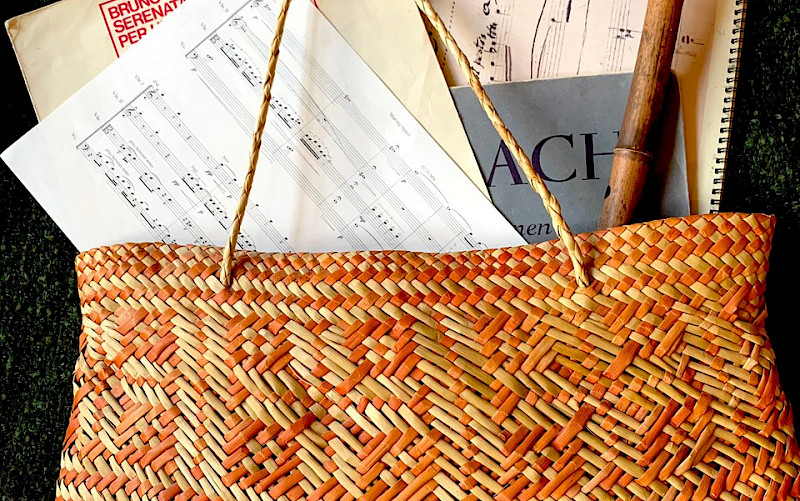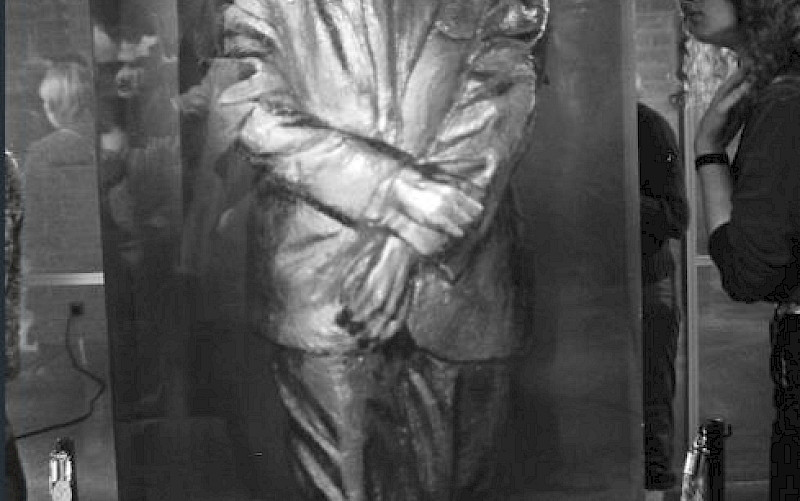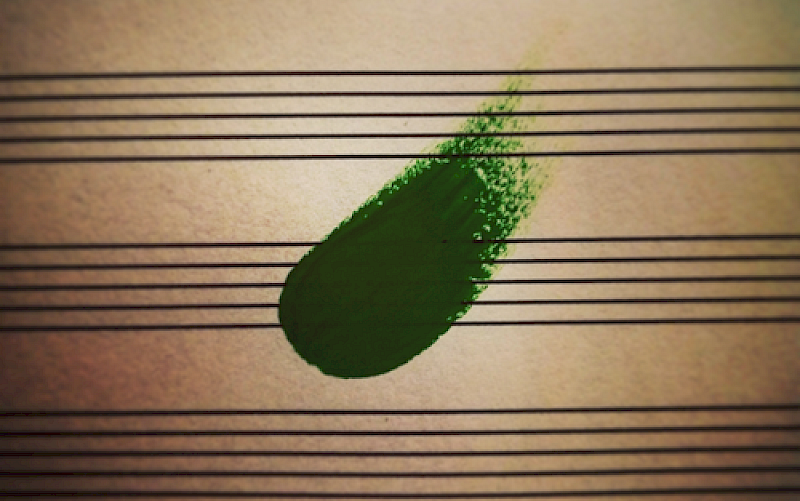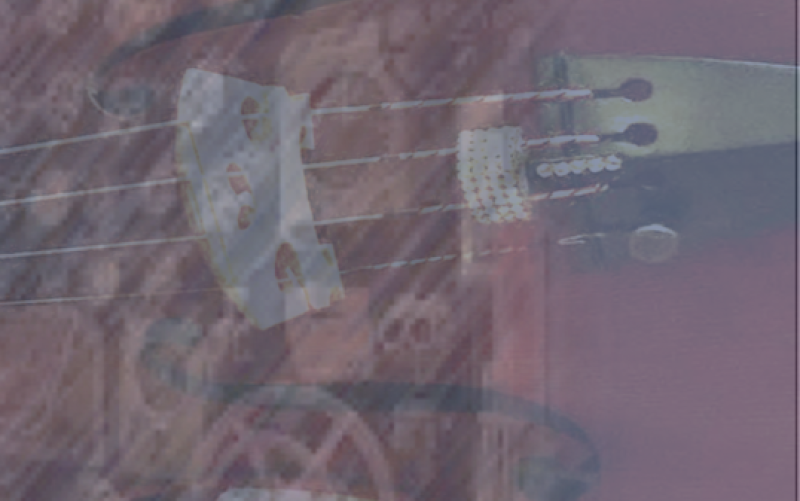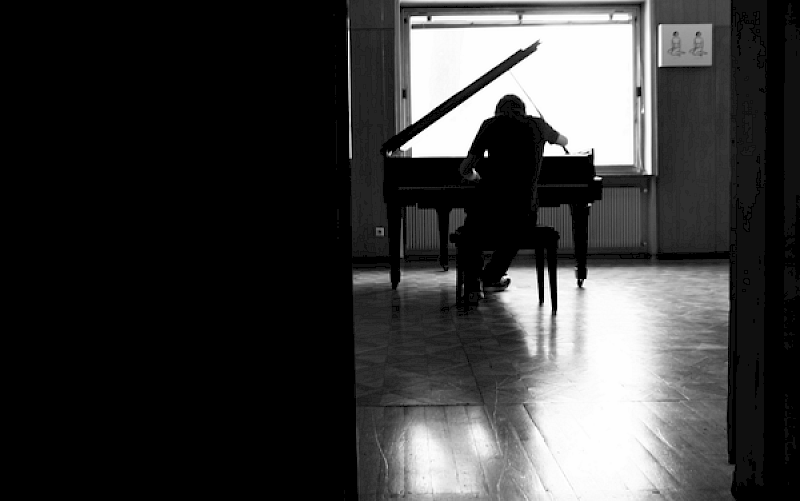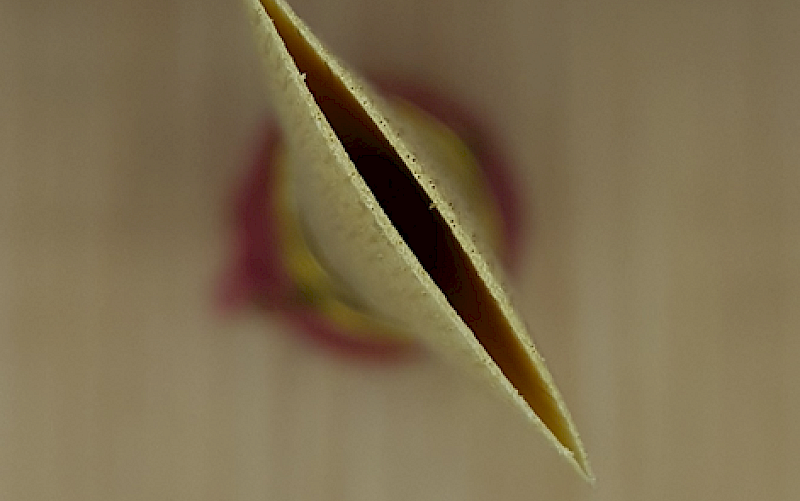Piano four-hands, "once again"
This work arises from the long and passionate research the author has been conducting as member of a professional piano duo in order to understand why the piano four-hands repertoire has always been stigmatized as an “inferior genre” despite its unquestionable beauty, and to shed light on the contemporary repertoire for this medium, which is at present almost unknown, unperformed and undiscussed, despite it embodies masterpieces of undoubted artistic value. To do so, the work focuses at first upon the technical challenges, the distinctive features, the possibilities of expression as well as the limitations that characterize the piano four-hands repertoire, explaining why they are of a completely unique order and why they make the medium itself so distinctive and so controversial at the same time. The script then explores the medium also from a more historical point of view, setting it into its social-cultural-musical context and deeply investigating that process that has brought it from being considered one of the most fascinating socio-cultural phenomenas of the 19th century to its almost complete extinction at the beginning of the 20th century, with the ultimate scope of analyzing what’s left of it nowadays and its role in the current musical scene. The results of the investigation point out that once the historical and sociological factors that have allowed the extreme popularity of the medium fell short, it could finally assume a completely new value and be a site of compositional and performance innovation which absolutely deserves to be discovered, performed and analyzed. The outputs of this dissertation have also inspired the young Chinese composer Ching-Fang Teng to write “Entanglement”, a proper homage to the medium and to its endless compositional potential.
Author: Alessandra Di Gennaro
